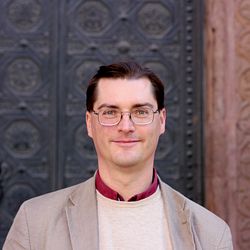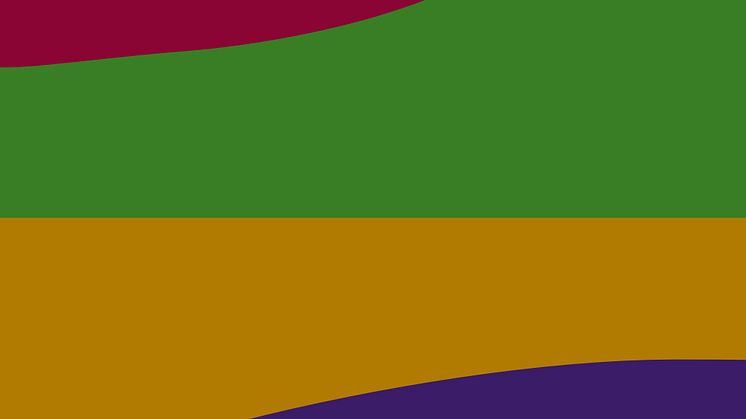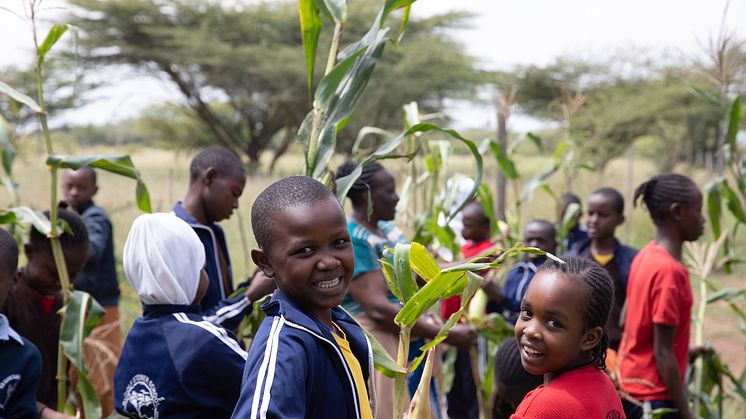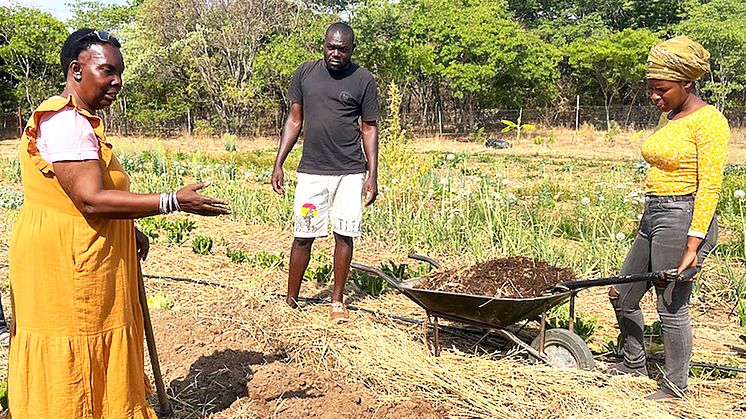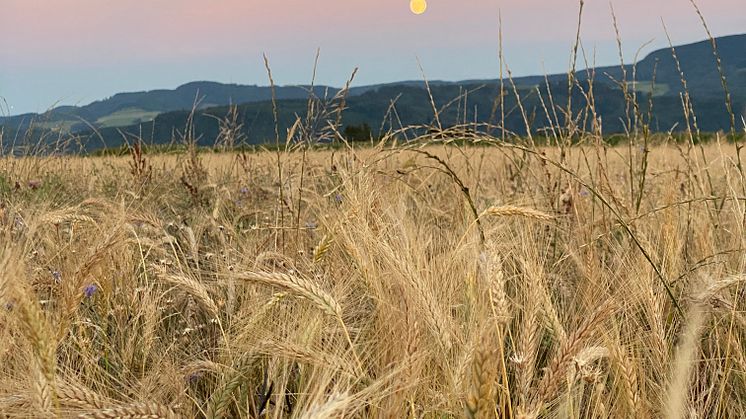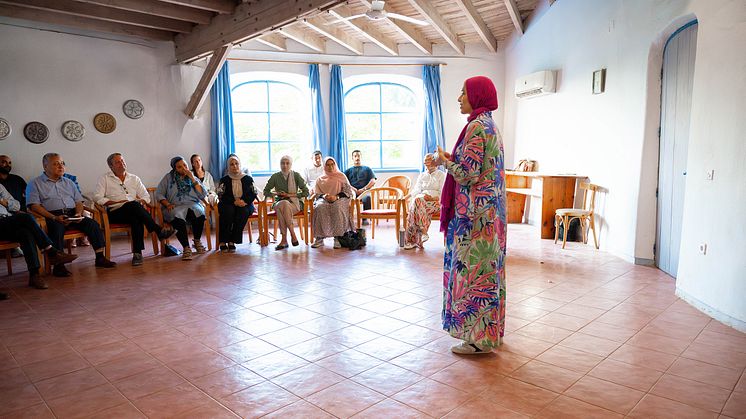
Press release -
Experiencing farming with active senses >>> The Goetheanum‘s Section for Agriculture passes on biodynamic farming modules to Heliopolis University
Goetheanum, Dornach, Switzerland, 2 April 2025
After six years of development and testing, the Section for Agriculture at the Goetheanum in Dornach, Switzerland, has handed over study modules on biodynamic farming to Heliopolis University in Cairo, Egypt, as part of a degree programme in organic agricultural science.
Jean-Michel Florin, the former co-leader of the Section, explains the concept behind the six training modules: “Our aim from the start was not only to train students in theory but to enable them to connect more deeply with agriculture through practical experience. Practical work in nature promotes a comprehensive understanding of ecological relationships.”
Experience-based learning is challenging and enriching, particularly for students with an urban background, for example when they determine the state of the compost by its smell, feed cows, make yoghurt and curd cheese from cow’s milk and clean and cut vegetables for hundreds of lunches in the canteen. They also witness the slaughtering of cows and the processing of their meat. “This allows them to experience agriculture and nutrition as they activate their senses,” says Jasmin Peschke, head of Nutrition in the Section for Agriculture.
In addition, the students work out the profitability of growing camomile and processing it into tea and gain insights into the cash flows involved in production, processing and marketing. Ueli Hurter, co-leader of the Section for Agriculture, sees the potential long-term effect of this: “Heliopolis University will now make its own contribution to high-quality farming.” In Egypt, more than 1,000 small farmers per month are currently planning to convert to organic and biodynamic farming.
In addition to the Section staff, Helmy Abouleish, Youri Hashem and Angela Hofmann from Egypt were involved in organizing the modules, as were the biodynamic advisors Maja Kolar from Slovenia and Peter Kunz and the late Reto Ingold from Switzerland. The six ten-day modules, which are taught by local lecturers, cover topics such as soil, plants, animals, human nutrition, economics and agroecology. The course takes place at the beginning of each semester on the biodynamic farm in Sekem, Egypt, and is attended by seventy to ninety students.
(2203 characters, 340 words/Anna Storchenegger; English by Margot M. Saar)
Contact person Anna Storchenegger
Related links
Topics
Categories
The Goetheanum is the headquarters for the School of Spiritual Science and the General Anthroposophical Society. The School of Spiritual Science with its eleven sections is active worldwide in research, development, teaching, and the practical implementation of its research findings and is supported by the Anthroposophical Society.

